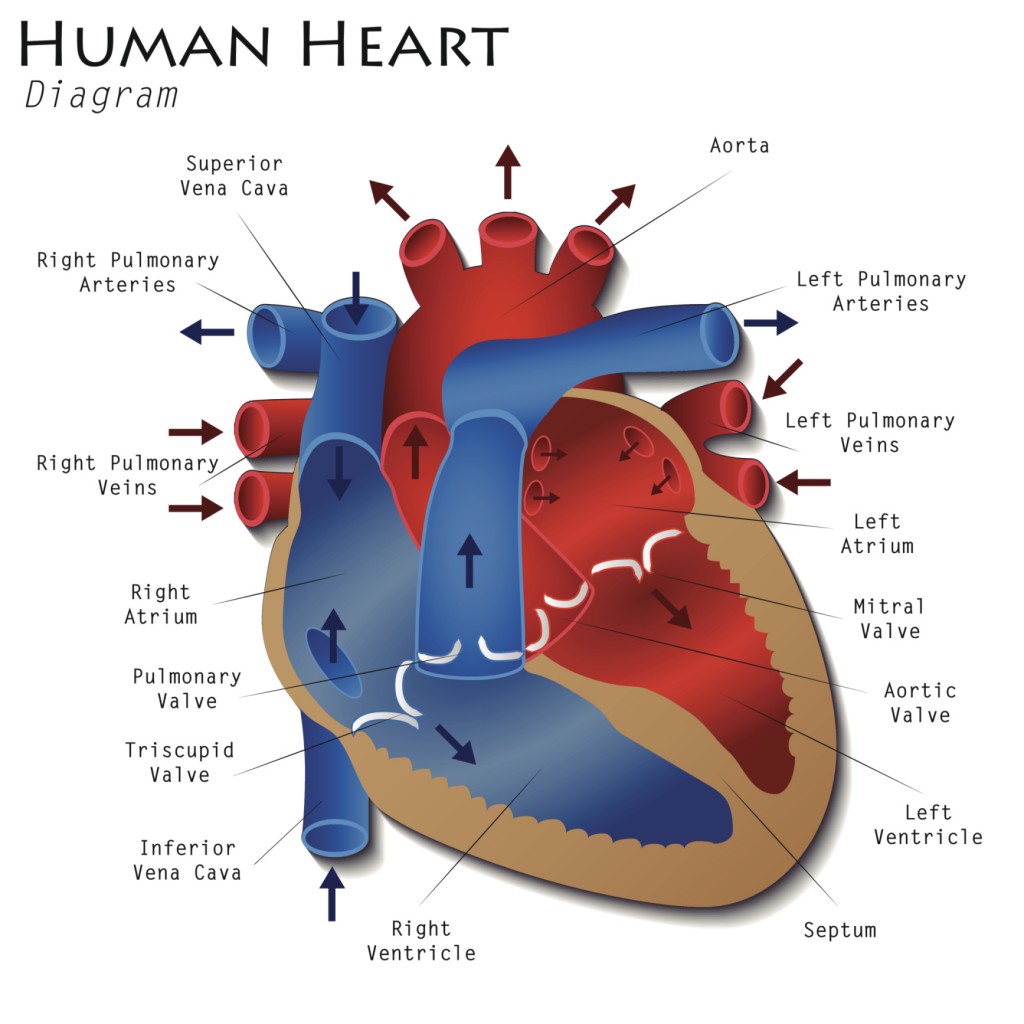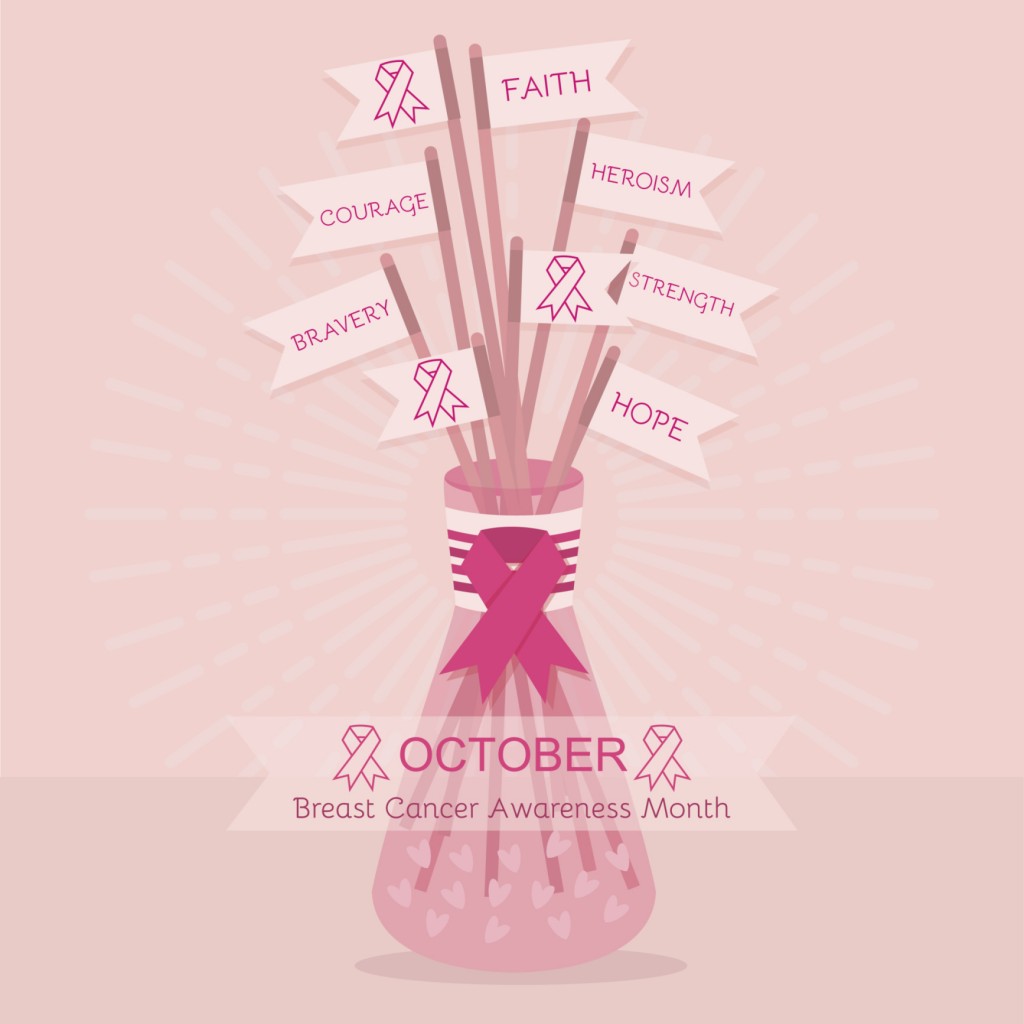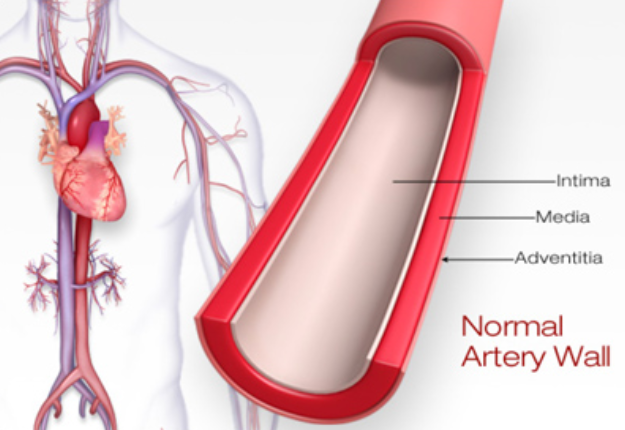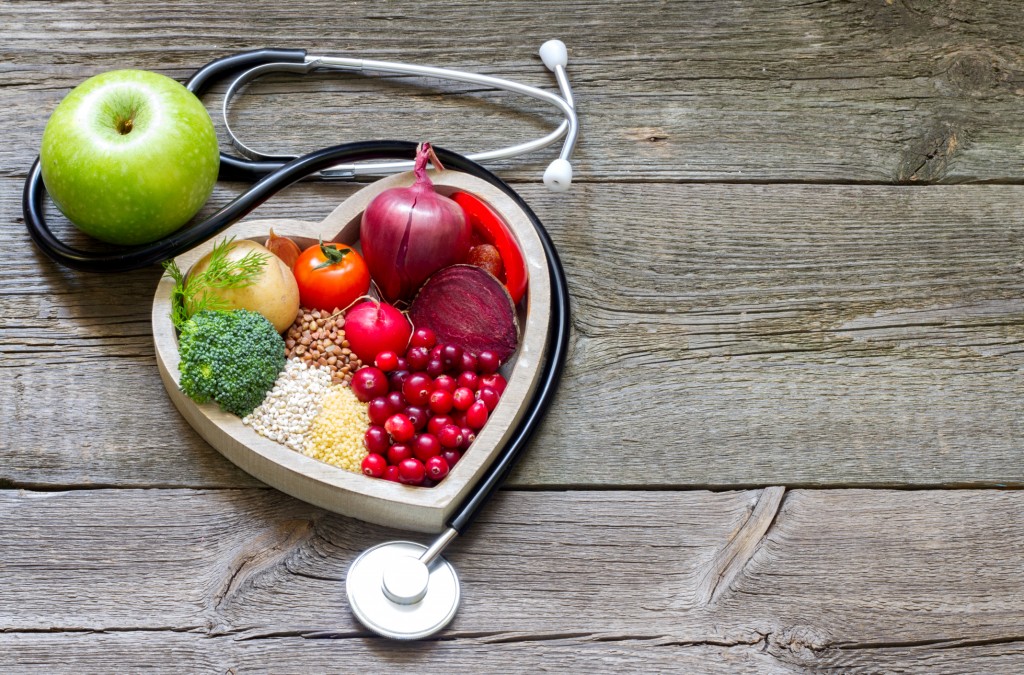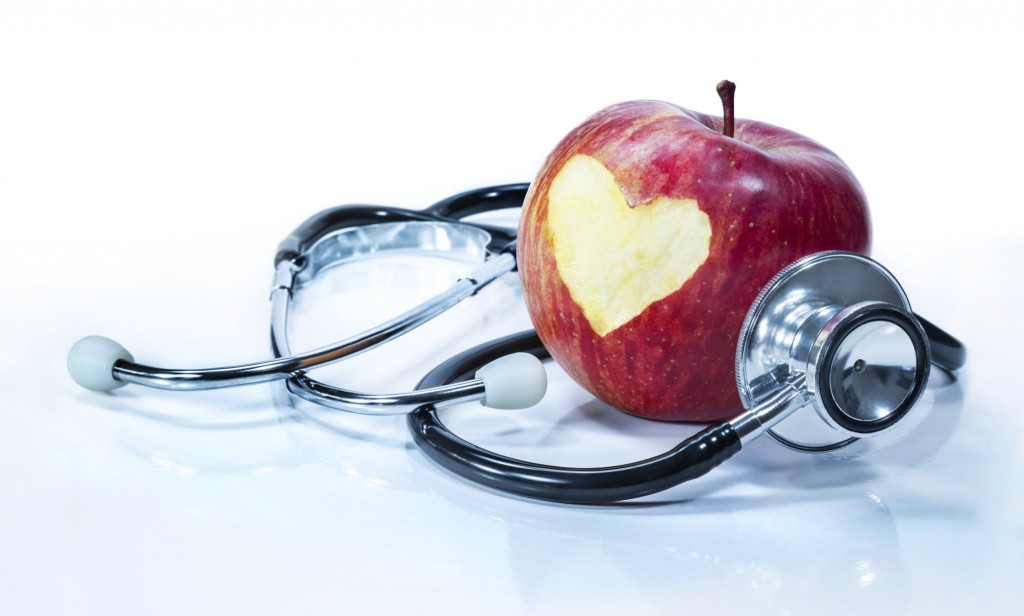
After having a heart attack, you may feel overwhelmed with anxiety and fear, like your world has be flipped upside down. After all, you’ve just survived a life and death situation – thanks a pretty sobering experience. It takes time to fully recover from a heart attack but don’t let that stop you from pushing forward. But you are going to need to make a change or two. Lifestyle change is the best way to recovery, and listed below are a few common lifestyle changes you may want to take into consideration going forward:
Stop smoking. Smoking cigarettes is one of the primary risk factors in heart disease. One of the most important things you can do is quit smoking cigarettes. In just one year after quitting your risk for heart attack drops severely.
Healthy diet. Eating a well-balanced diet keeps blood pressure, cholesterol, blood glucose, and body weight within healthy rages, which can greatly reduce risk of heart attack.
Stress and anger. When stress or anger are uncontrolled it can lead to increased risk of heart disease. Skills Such as yoga, relaxation and time management can lower risks.
Body weight. Achieve and maintain a healthy body weight to lower your risk of heart attack. Being overweight makes the heart pump harder due to having to support the extra weight.
Exercise. Physical activity is a key factor in maintaining long-term heart health after suffering from a heart attack. Enrolling in cardiac rehabilitation is a recommended step towards resuming normal physical activity.
Medication. Taking medication is considered a lifestyle change because taking your medication at the right times can be vital and takes some time to adjust to a new schedule.
If you would like more information on recovery after a heart attack, contact Dr. Gordon C. Gunn MD at 714-912-2211 or visit www.gordongunnmd.com to schedule an appointment today.
Dr. Gunn proudly serves Fullerton and all surrounding areas.


